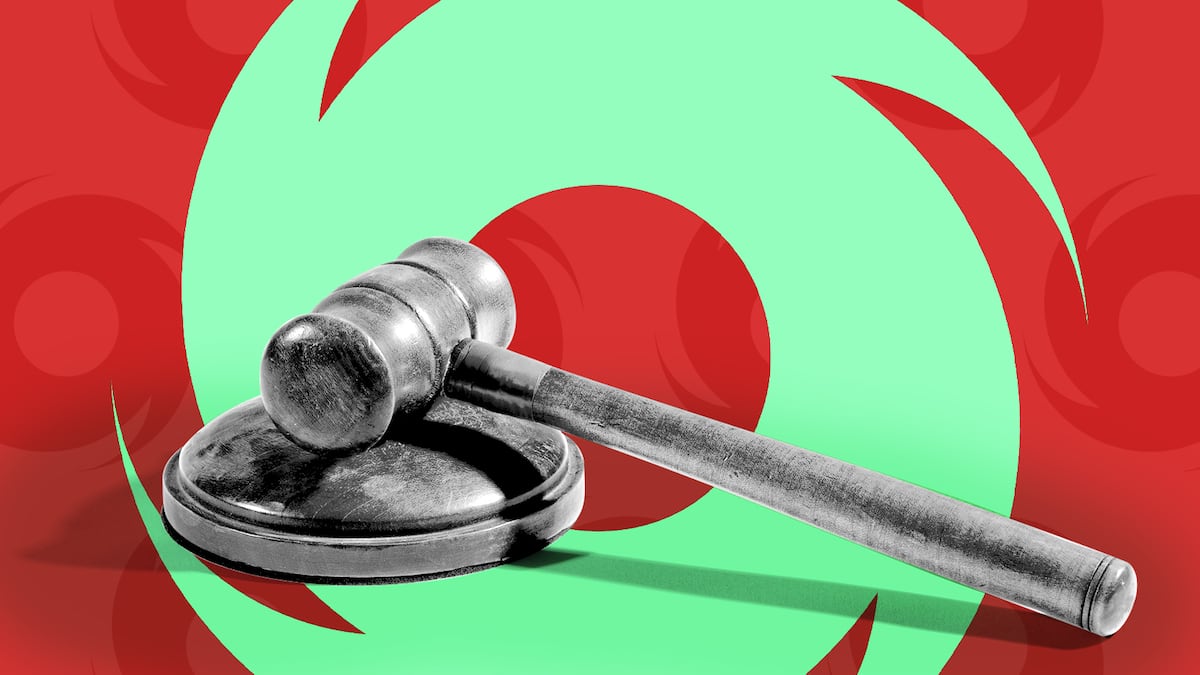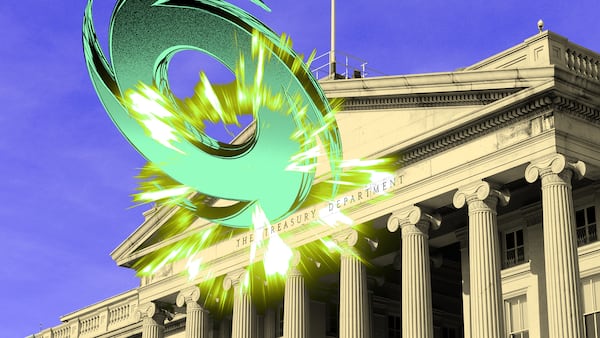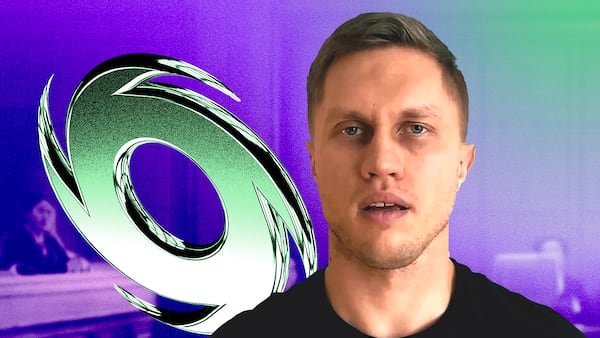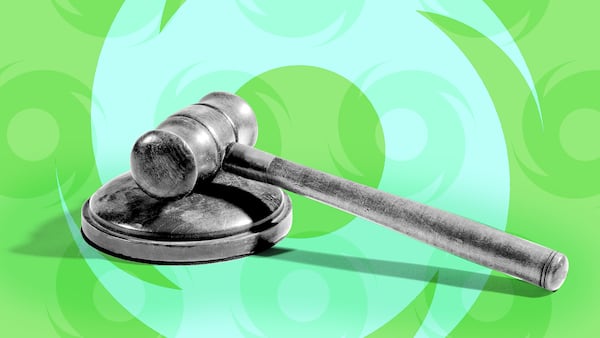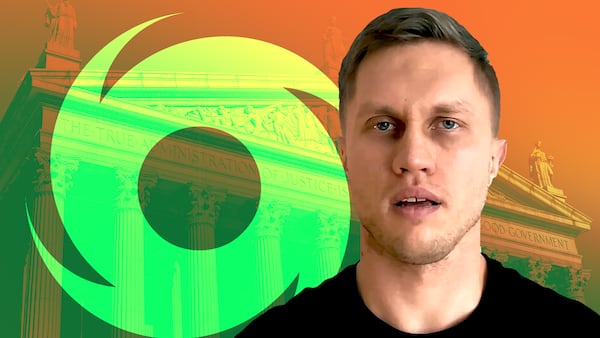- Prosecutors want a federal judge to bar attorneys and witnesses from discussing “privacy rights” during the trial of Roman Storm.
- Only Storm should be allowed to discuss privacy, prosecutors said.
- They’re worried sympathetic jurors could acquit the software developer even if they think he’s guilty.
The government doesn’t want anyone talking about privacy during the criminal trial of Tornado Cash co-founder Roman Storm — unless it’s Roman Storm.
On Wednesday, prosecutors asked Judge Katherine Polk Failla to bar the software developer’s attorneys and witnesses from discussing “privacy rights,” arguing it could move sympathetic jurors to acquit Storm even if they think he’s guilty.
Only Storm should be permitted to discuss privacy, prosecutors said. That’s because the jurors asked to determine his guilt — or lack thereof — are allowed to consider whether he intended to break the law when he co-created Tornado Cash.
And only Roman Storm knows why Roman Storm built the protocol that became so popular with privacy-minded crypto users and cybercriminals alike.
Storm has been charged with conspiracy to commit money laundering, operate an unlicensed money-transmitting business, and violate US sanctions. He faces 45 years in prison.
In June, prosecutors sought to bar evidence they deemed irrelevant to those charges.
Such evidence included claims that “victims of fraud or hacking were negligent or gullible”; that some customers “used the service for purportedly lawful or sympathetic purposes”; and evidence “aimed at jury nullification,” including the claim that building Tornado Cash was “protected by constitutional rights to freedom of speech and privacy.”
Jury nullification refers to jurors’ decision to acquit someone they believe is guilty because they think the law or punishment is unfair. Among the most notable examples is that of abolitionists refusing to convict runaway slaves in the 19th century.
“Privacy rights, I understand those aren’t being discussed,” Failla said last week. “If he testifies, Mr. Storm can discuss his beliefs about the importance of privacy.”
‘Irrelevant and inflammatory’
During Tuesday’s opening arguments, however, one of Storm’s attorneys said most Tornado Cash users were normal people seeking privacy on Ethereum — not cybercriminals.
She referred to “the right to keep your financial transactions private from the public” a right “that many of us take for granted.”
“How would you feel if someone took your bank account and published it on the internet?” she continued. “You would not feel very safe.”
Prosecutors weren’t happy.
“It is now necessary to preclude evidence and arguments based on privacy rights,” they wrote in a Wednesday filing.
“Storm plainly suggested to the jury that his conduct should be protected by privacy rights— appealing to their sense of their own personal privacy rights—and in no way limited or tied the argument to his state of mind.”
Storm intends to call Johns Hopkins professor and Zcash co-founder Matthew Green as a witness, prosecutors noted. And Green is expected to say blockchains’ lack of privacy has exposed investors to threats and kidnappings testimony prosecutors called “irrelevant and inflammatory.”
In their own filing on Thursday, Storm’s attorneys said they were not trying to lead jurors astray.
Tuesday’s opening statement “did not say that the ‘right to privacy’ negates criminal liability,” they wrote.
“But the defense must be permitted to present evidence and arguments regarding the many legitimate needs for privacy and why Mr. Storm’s intent to protect privacy did not equate to criminal intent.”
Storm’s attorneys also pointed to comments Failla made last week, before the trial began.
“I’m fine if you want to ask your witness why people might like privacy or why certain things exist,” she said.
Storm’s trial, which began Monday, is expected to last three weeks.
Aleks Gilbert is DL News’ New York-based DeFi correspondent. You can reach him at aleks@dlnews.com.


